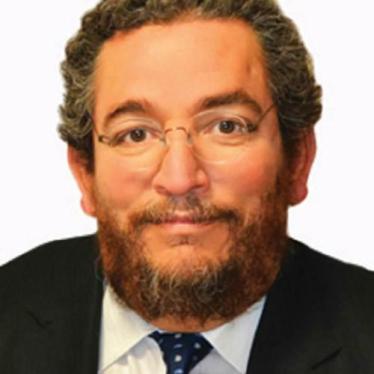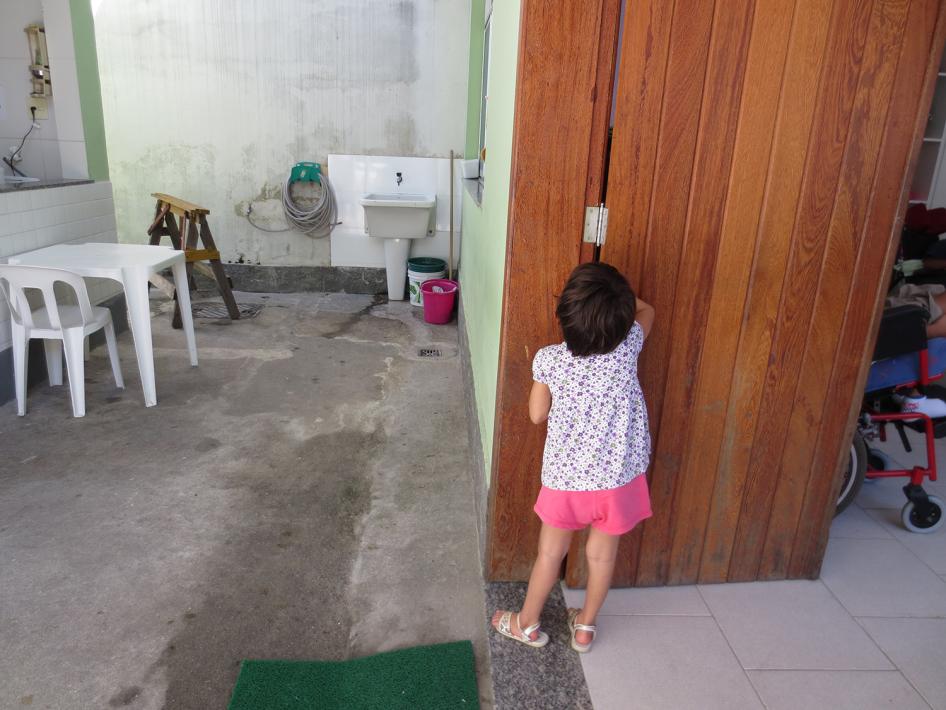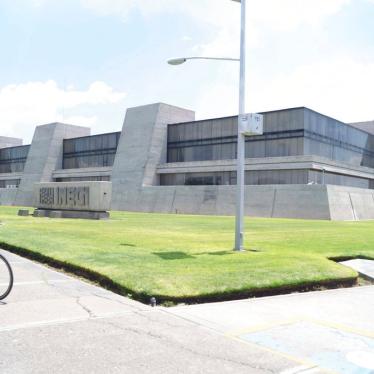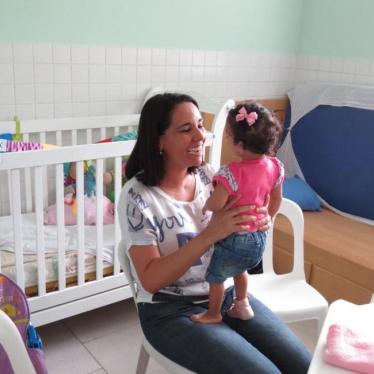On August 17, Brazilian Minister of Education Milton Ribeiro made harmful remarks about children with disabilities, saying they “disturbed” other students and that some are “impossible to live with.” Later, he apologized to “those who were offended” but insisted the government does not want what he called “inclusivism.” Unfortunately, Ribeiro’s remarks are consistent with other recent moves in Brazil to undermine quality inclusive education for all children, regardless of their disability.
More than 1.3 million Brazilians with disabilities are enrolled in inclusive education programs. But President Jair Bolsonaro’s Plano Nacional de Educação Especial (National Plan for Special Education or PNEE), adopted last September, intends to create a separate education system for people with disabilities, weakening these programs and pursuing a regressive policy inconsistent with Brazil’s international human rights obligations.
On August 23 and 24, Brazil’s Supreme Court held a hearing on a judicial challenge to the constitutionality of the PNEE. The hearing, at which nearly 60 experts from public and private groups, including Human Rights Watch, testified, prompted a public debate on President Bolsonaro’s segregation policy. A central concern is that the government failed to properly consult with people with disabilities through their representative organizations, which is required by the Convention on the Rights of Persons with Disabilities (CRPD) when governments develop policies on issues related to people with disabilities. The only official consultation was an online poll, to which more than 8,000 people responded, but only 47 (0.6 percent) identified as having a disability.
Human Rights Watch has found that many children with disabilities who are institutionalized in Brazil receive little to no education, based on arbitrary classifications around the alleged severity of their disabilities.
The solution is to improve quality inclusive education for children with disabilities. Instead, the PNEE contains several stigmatizing provisions that call for identifying people who are “not benefiting” from inclusive education and moving them to segregated settings.
This not only reinforces the discredited notion that some people with disabilities should be excluded from the general education system, but it also undermines Brazil’s international rights obligations. Brazil has ratified the CRPD, which requires governments to ensure that children with disabilities can attend mainstream schools, on an equal basis with others, without discrimination. To honor these obligations, Brazil’s government should immediately repeal this policy.











